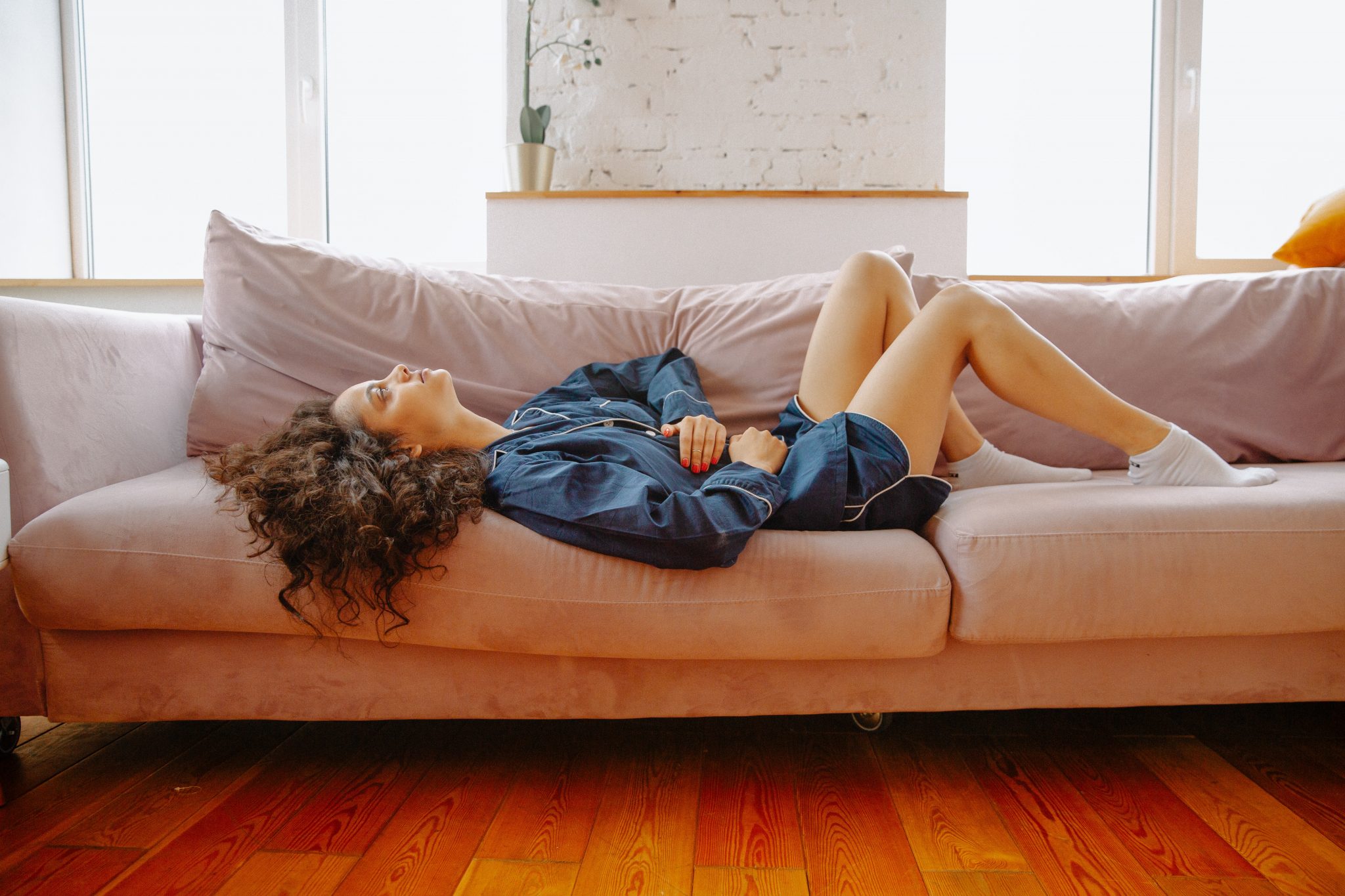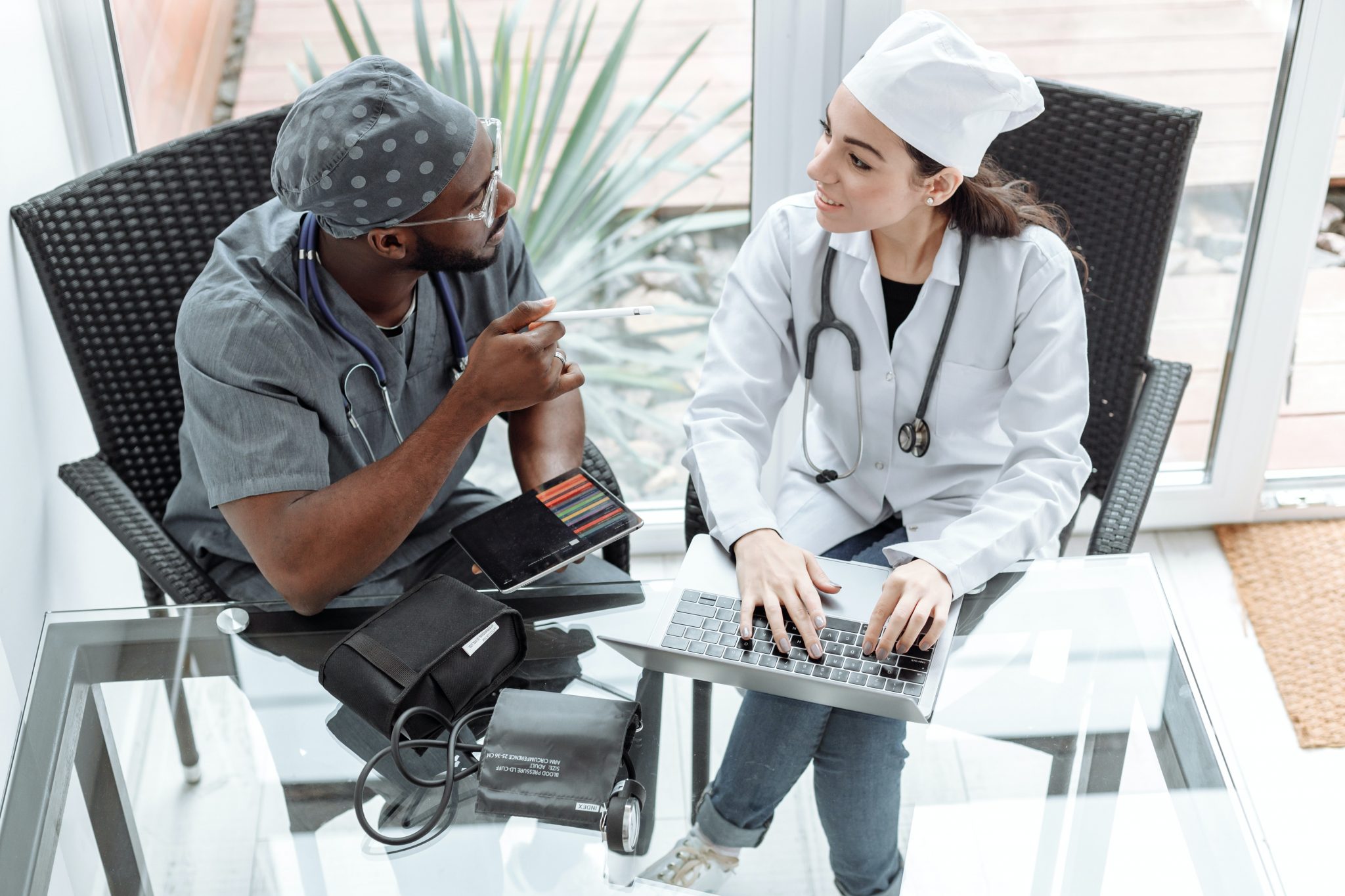Why Seniors Should Treat Symptoms of Varicose Veins
Anyone who has varicose veins should consider having them treated. However, seniors should especially seek treatment for their varicose veins as they can be more problematic.
If you have varicose veins in your senior years, you are at a higher risk of complications if they are left untreated. This is due mainly to the weakening of the veins over the years from natural wear and tear.
Will explain why it’s even more important for seniors to treat their varicose veins and what you can do to help decrease or prevent complications from varicose veins.
Why Seniors Should Be More Vigilant About Treating Varicose Vein Symptoms
Varicose veins are one of the most common vein afflictions for those in their senior years so it may be viewed as just a fact of Aging. Many older adults simply wear long pants and thinking nothing of their bulging, twisting bluish veins on their calves. But varicose veins should not be swept under the rug (or pant leg in this case).
Beyond simply being unsightly, varicose veins can also be harmful to your health. Seniors are more susceptible to varicose veins because veins tend to weaken over time from the normal wear and tear of life. That’s why you mainly see varicose veins on older adults. And as an older adult, you are also more susceptible to complications from your varicose veins.
If seniors ignore their symptoms of varicose veins, they are at risk of the following complications:
- Lymphedema
- Phlebitis
- Thrombophlebitis
- Deep vein thrombosis
- Venous ulcer
Each of these health conditions can become quite serious and, in some cases, can be fatal. One of the worst things you can do for your varicose veins is to let them go untreated, especially the older you get. If you or a loved one is in your senior years and have noticed varicose veins on your legs or the beginnings of varicose veins, you should see a doctor for a proper diagnosis and treatment plan.
Why Are Seniors at a Higher Risk for Complications from Varicose Veins?
While varicose veins can affect people of any age, seniors are at the highest risk of experiencing complications from their vein disease. This boils down to the additional wear and tear on the veins from all those years of enjoying life. Are you doomed to suffering from the pain and discomfort of varicose veins in your golden years? Not necessarily.
Let’s go over some of the reasons that seniors may encounter more problems from their varicose veins. In addition to normal wear and tear that weakens the veins, there are a few other things that can contribute to the severity of symptoms in seniors.
While not all of the following apply to all senior citizens, these conditions are more likely to affect them than younger adults:
- Being bedridden
- Being less active
- Overweight or obese
- Having poor circulation
- Having nutritional deficiencies
- Being chronically dehydrated
Most of the above circumstances are related to one another and all of them can make your varicose symptoms more prominent and potentially more dangerous.
Here’s how something you may have little control over, like being bedridden, can spiral into increasing your risk for varicose vein complications. As a senior, you may be more likely to have a medical condition or surgery that leaves you bedridden. When you are confined to bedrest, your activity levels typically go way down. When you’re less active, you are more likely to become overweight. And finally, if you are overweight, you have a higher chance of having poor circulation which is a cornerstone of vein disease.
Each of the conditions listed can also exacerbate varicose veins on their own. For example, some seniors naturally feel less energetic as they age and become less active. This is more common the older you get. Sometimes, you just get in the habit of spending a lot of time sitting as you age, especially after retirement.
Obesity has increased in the U.S., especially amongst seniors, which can put a lot more pressure on your varicose veins and lead to more swelling and other complications.
Poor circulation can be more common in seniors due to underlying medical conditions that haven’t been treated or diagnosed, such as diabetes, heart disease, high blood pressure, and vein disease.
For several reasons, seniors tend to have a higher likelihood of nutritional deficiencies. Those are no longer able to shop for or cook for themselves may reach for convenience foods that are devoid of nutrients. Social isolation can also affect how you eat, so older adults living alone may be more likely to overeat or undereat.
Chronic dehydration becomes a big concern for seniors since your sense of thirst starts to decrease as you age. If you don’t make a conscious effort to consume the recommended amount of water each day, you could very well go through each day dehydrated without even realizing it.
Just because you’re in your golden years doesn’t mean your health has to suffer. In the next section, we’ll go over some action steps that can help support your vein health, as well as your overall health and wellbeing.
How Seniors Can Help Prevent or Decrease Symptoms from Varicose Veins
Whether or not you already have varicose veins, the following recommendations will be beneficial to your health as you age.
To care for the health of your veins as you age:
- Exercise regularly- low impact physical activity is ideal for promoting blood flow in the legs
- Maintain a healthy weight- lose weight if needed to decrease the amount of pressure on your leg veins
- Eat a diet that promotes healthy circulation- certain foods are beneficial for proper blood flow, such as leafy greens, berries, fatty fish, and citrus fruit
- Sip on water throughout the day- this can help keep you hydrated without the bloating and frequent bathroom trips caused by chugging a glass of water all at once
- Wear compression stockings or compression socks- this will keep your leg veins compressed and help alleviate swelling and heaviness in the legs
Summary
Now you know why seniors are more prone to complications from varicose veins and what lifestyle and dietary changes you can make to prevent or reduce the appearance of varicose veins. Awareness of what makes you more susceptible to symptoms from varicose veins can help you make the changes you need to promote the health of your veins. As much as weight loss and home treatments can help to reduce the risk and symptoms of vein disease, they are not 100% guaranteed to prevent or eliminate vein problems.
While a healthy diet and lifestyle are extremely helpful for decreasing the appearance of varicose veins, it’s important to seek out professional care if the problem persists. If you’re experiencing symptoms from varicose veins that don’t respond to diet and lifestyle changes, contact us today to book an appointment.





